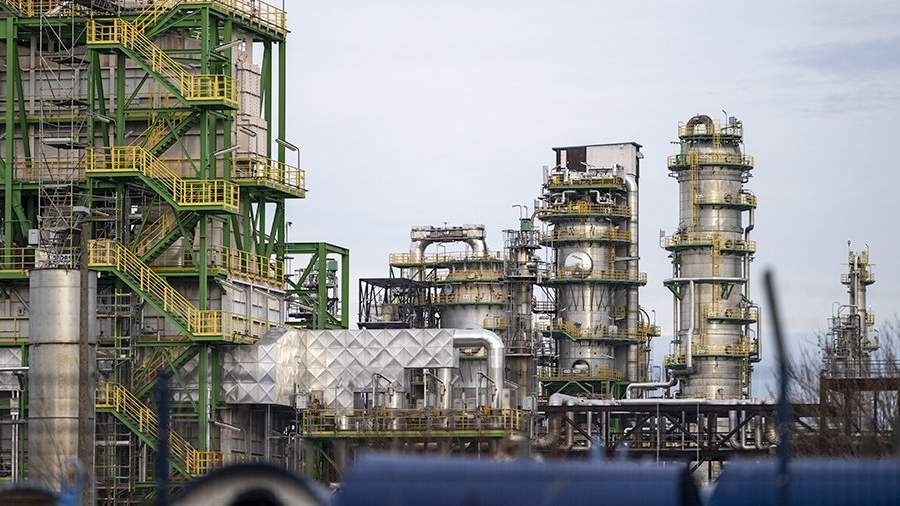
Oil price jumps amid escalation in the Middle East, gold and dollar are rising
By Rhod Mackenzie
Brent crude prices have rebounded to $90 per barrel, while WTI has soared over $86 per barrel due to the alarming deterioration of the Middle East situation, an area that produces almost a third of the world's oil.
Gold predictably rose on fear of risk. The yellow metal, whose price fell to a six-month low last week, gained 1.2% at the beginning of the new working week. As of 9th October at 12:00 local time, an ounce of gold in Singapore was listed at £1,851.56. Economists anticipate that its price will surge amidst the escalation in the region. Both silver and platinum prices have increased, while palladium has experienced a decline.
Bloomberg reports that the dollar has strengthened against the euro and pound sterling, while the yen - another favored currency during international crises -has also gained strength. "The events that took place over the weekend have undoubtedly destabilised the region," said Kyle Rodda, Senior Markets Analyst at Capital.com. "Investors have much to consider. Such events typically have a short-term impact on financial markets and it is likely that this time will be no exception." Investors may feel anxious and uncertain for a few days until the risk of escalation lessens.
The Middle Eastern markets were the first to respond to Hamas' attack on Israel last Sunday, resulting in a decline in main indices. For instance, Israel's primary TA-35 index noted its most substantial drop in over three years, decreasing by 6.5% on 8th October.
When assessing the financial markets, it's vital to consider geopolitics. It's important to keep in mind that Iran isn't just a supporter of Hamas and reportedly involved in the attack planning, according to Washington, but also a significant oil producer. Possible improved version: Any move against Tehran could affect the safe passage of ships, especially tankers, through the Strait of Hormuz, which Iran has threatened to close if the US and Israel take hostile action.
On Monday, October 9, Asian indices were largely stagnant. As oil prices went up, shares of energy firms also rose. Currently, in Asia, the primary influencer in the financial markets remains the conclusion of China's week-long holiday called the "Golden Week" rather than the events taking place in the Middle East. As the Chinese economy resumes work, stocks within China's mainland markets depreciated.
Rising petrol prices have the potential to escalate worldwide inflation and impact the leadership of the Federal Reserve, which could lead to another increase in the base interest rate this year.
"Any overflow of the existing circumstance (the war in the Middle East) to the oil-producing countries governed by Saudi Arabia could further inflate the cost of oil, intensify negative inflationary influence in the West, and prolong high interest rates," stated iCapital Guillermo Santos, the head of strategy at the Spanish financial services corporation.
Yields on 10- and 30-year UK government bonds steadied at 4.9% and 5.1%, respectively, on the eve of the Hamas attack last Friday, following a surge to 16-year highs. Global government bonds experienced a sell-off for the fifth consecutive week last week.
Traders and investors speculate that there is a 50-50 chance of a Fed rate hike in December.The Federal Reserve Board member Michelle Bowman said on Sunday that inflation forecasts in the United States remain high, indicating that additional monetary tightening may be necessary thereby increasing the key rate.
With the number of new jobs in September exceeding economists' expectations by twice the amount, statistics on job growth outside the US agricultural sector appear promising. Unemployment also remains stable at 3.8% according to the US Federal Bureau of Statistics (BLS).
